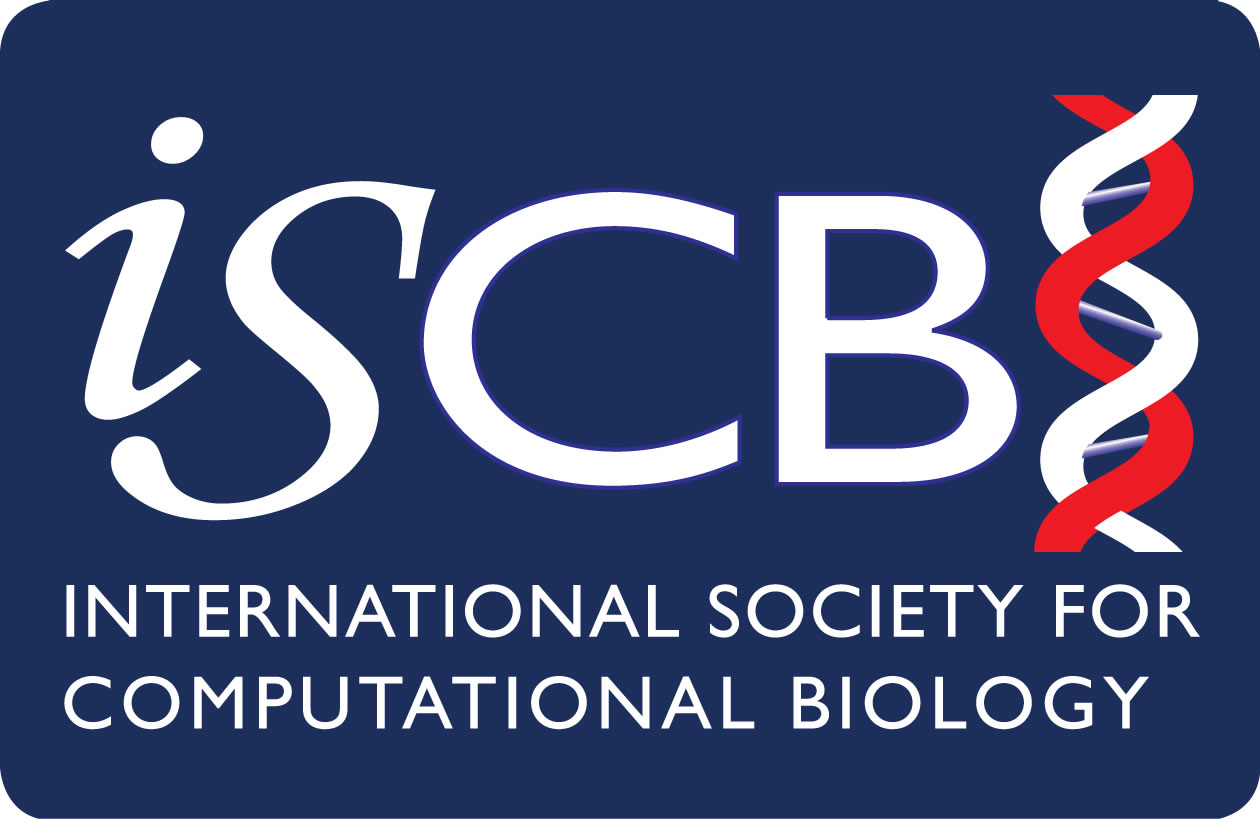 The International Society for Computational Biology (ISCB) announces new Fight Against Ebola Award
The International Society for Computational Biology (ISCB) announces new Fight Against Ebola Award
The Ebola virus (EBOV), causing the Ebola virus disease (EVD) maintains a high fatality that has killed over 5,000 individuals in the current outbreak from February to Nov 26, 2014. First reports assessing spreading risk have been published (Gomes, et al., 2014). Recently, 99 Ebola virus genomes from 78 patients have been analyzed (Gire, et al., 2014). To facilitate global research, the respective author team made all their data freely available. This laudable decision aligns with the ISCB Open Access policy (Lathrop, et al., 2011; Lathrop, et al., 2011).
In response to the immediate need for solutions in the field of computational biology against Ebola, The International Society for Computational Biology (ISCB) announces the Fight Against Ebola Award. ISCB will give out the Fight Against Ebola Award, along with a prize of $2000, at its July 2016 annual meeting (ISCB ISMB 2016, Orlando, Florida). All computational approaches should include a significant component of Ebola research. In the development of any modern drug, computational biology is positioned to contribute through comparative analysis of the genome sequences of Ebola strains, and 3-D protein modeling. Other computational approaches to Ebola include large-scale docking studies of Ebola proteins with human proteins and with small-molecule libraries, computational modeling of the spread of the virus, computational mining of the Ebola literature, and creation of a curated Ebola database. Taken together, such computational efforts could significantly accelerate traditional scientific approaches.
ISCB is dedicated to advancing the understanding of living systems through computation. ISCB now represents more than 3200 computational biologists working in over 70 countries. It organizes more than seven annual international meetings, and confers several major prizes, including the Accomplishments by a Senior Scientist Award, ISCB Innovator Award, the ISCB Overton Prize, and the ISCB Outstanding Contributions Award. With the ISCB Fight Against Ebola Award the society offers for the first time an award for a specific scientific objective thereby acknowledging the urgency of action to fight a rising challenge.
Submission and Judgment Criteria
The award will be conferred on the submission that most closely meets the goal of providing an immediate solution from the field of computational biology as assessed according to the following terms: (1) high impact, (2) broad access, (3) measurable outcomes on understanding, handling, treating, or preventing the disease, and (4) close interaction with established mechanisms of Ebola control and research.
A selected team comprising experts chosen from areas such as Ebola research, epidemiology, public health, computational virology, structural biology, vaccine development, translational bioinformatics, genomics, and genome analysis will assess all submissions. We will only consider submissions that remain within a limit of two pages. Please note that your submission could be in the style of a journal paper. Be advised of the following constraints when fitting your material onto the two pages: (1) the typeface must be Arial font throughout, using a minimum 9-pt font size for figures and a minimum of 10-pt Arial for the text. The precise minimum page margins depend on your choice of format (US-letter: a minimum of 1.25 inches on top and bottom and a minimum of 2.5 inches at the sides; A4: a minimum of 3 cm on top and bottom and a minimum of 1.5 cm on both sides.)
Submissions must be sent via email (a single PDF document) to Diane Kovats (This email address is being protected from spambots. You need JavaScript enabled to view it.) using the text “Fight against Ebola Award” in the subject and body of the email. The deadline for submission is April 10, 2016 (any time zone).
Thank you to the ISCB Ebola Award Task Force for their hard work in the development of the award. Those members include:
- Peter D. Karp, SRI International, United States of America,
- Bonnie Berger, MIT, Cambridge, United States of America,
- Thomas Lengauer, Max Planck Institute for Informatics, Germany,
- Michal Linial, Hebrew University & Institute of Advanced Studies, Israel,
- Pardis Sabeti, Harvard University, United States of America,
- Winston Hide, Harvard School of Public Health, United States of America,
- Burkhard Rost, TUM, Munich, Germany
* This email address is being protected from spambots. You need JavaScript enabled to view it. (DK); This email address is being protected from spambots. You need JavaScript enabled to view it. (BR)
Gire, S.K., et al. Genomic surveillance elucidates Ebola virus origin and transmission during the 2014 outbreak. Science 2014;345(6202):1369-1372.
Gomes, M.F.C., et al. Assessing the International Spreading Risk Associated with the 2014 West African Ebola Outbreak. PLOS Currents Outbreaks 2014.
Lathrop, R.H., et al. ISCB public policy statement on open access to scientific and technical research literature. Bioinformatics 2011;27(3):291-294.
Lathrop, R.H., et al. ISCB Public Policy Statement on Open Access to Scientific and Technical Research Literature. PLoS computational biology 2011;7(2):e1002014.



